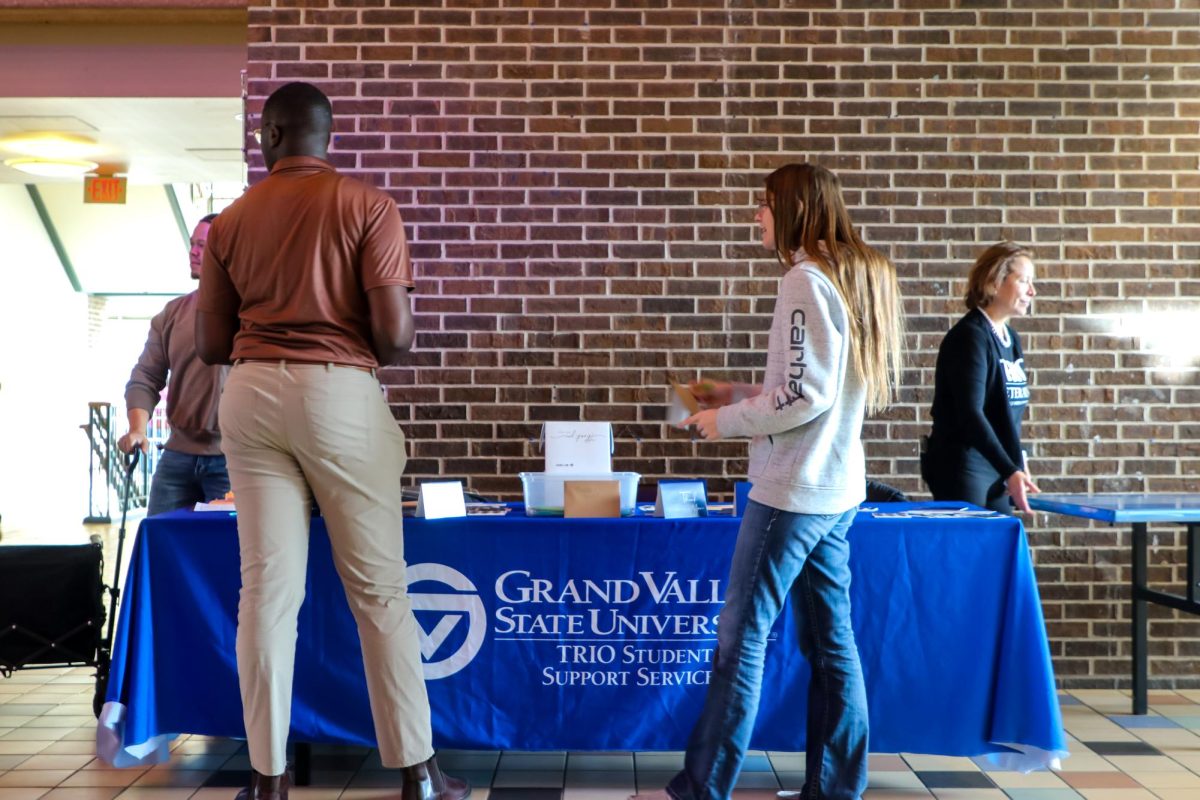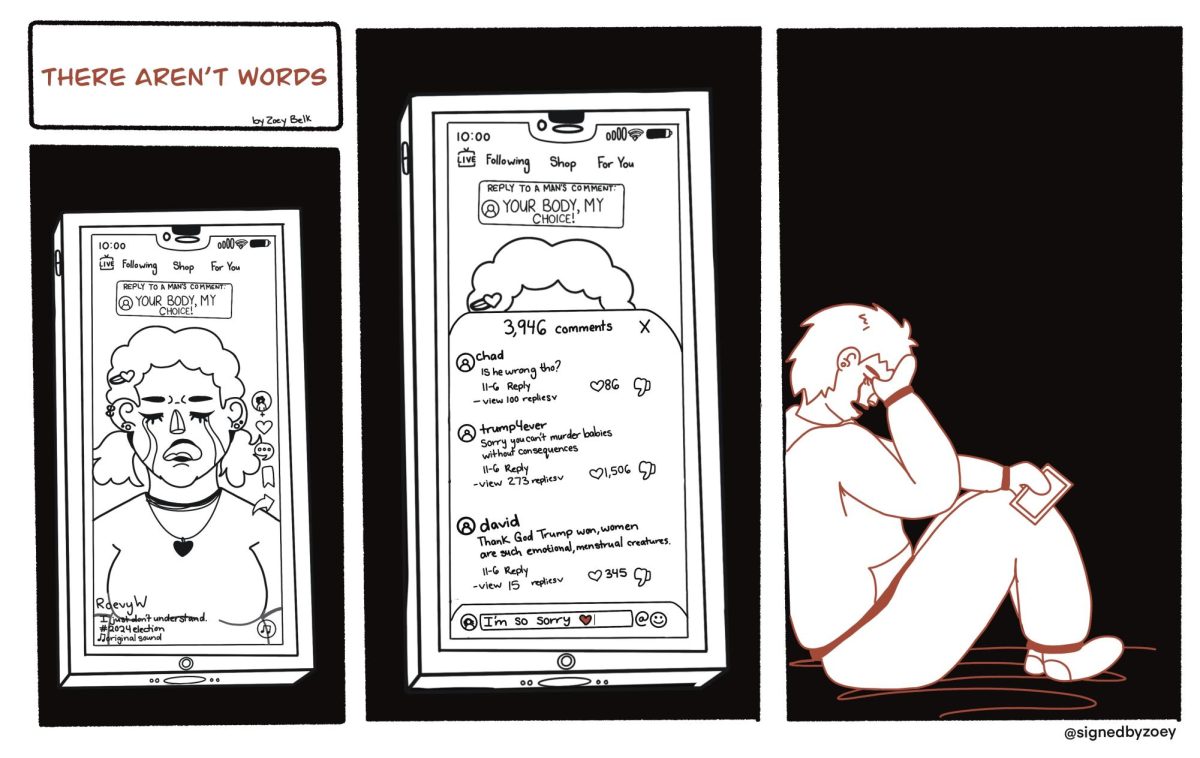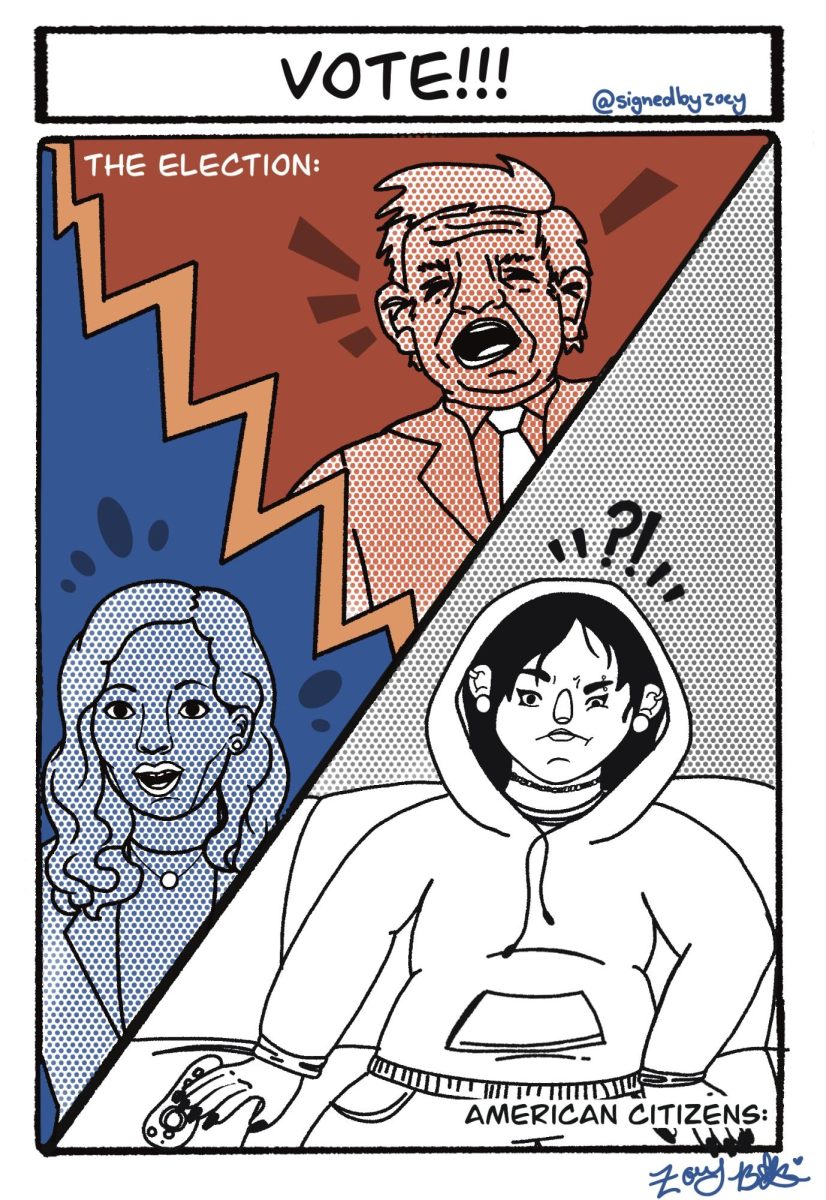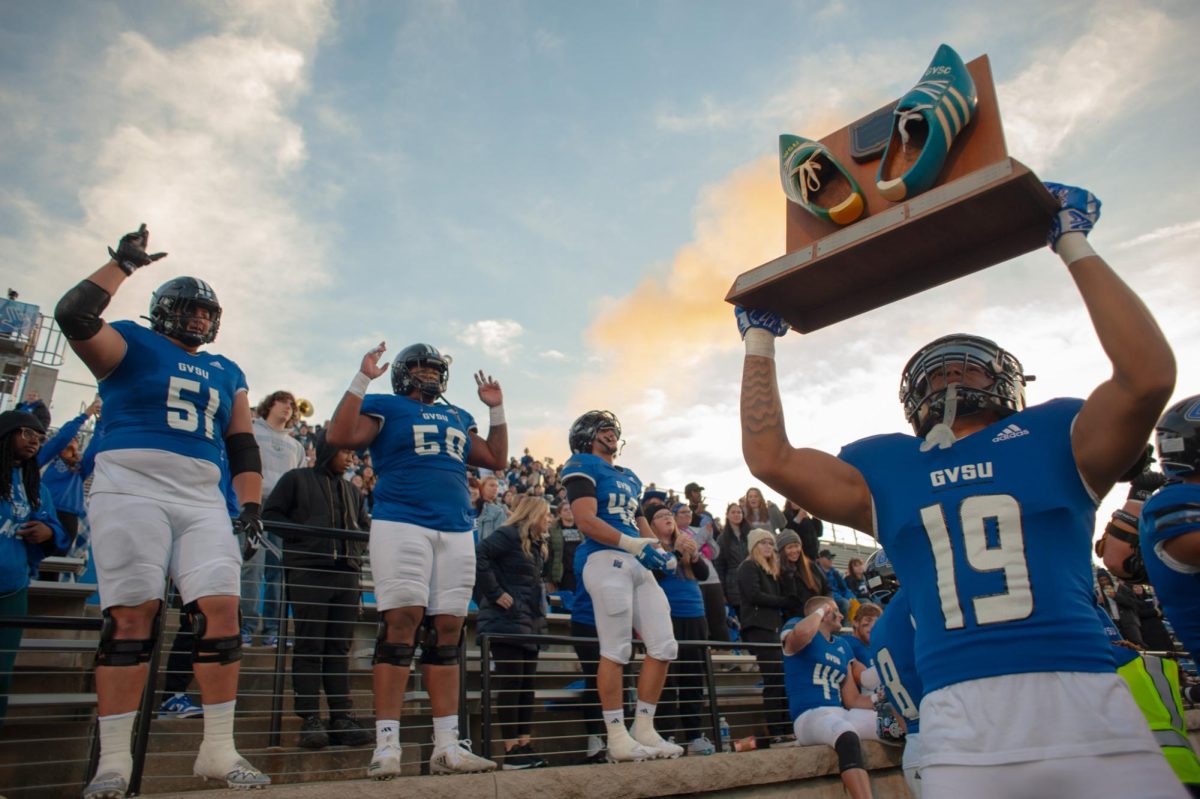Stricter guidelines in effect for failing students
Jan 19, 2012
As the United States government continues to struggle with national debt, it looks to enforce more prudent spending policies in all areas, including higher education.
Per federal mandate, Grand Valley State University and other institutions nationwide have been called to more closely monitor the number of students who receive ‘NC’ or ‘F’ grades, fail to participate in their registered courses and rely on federal aid. The mandate allows the federal government to retract aid given to those students who do not participate in their courses.
According to GVSU Institutional Analysis, in 2011 1,906 and 1,923 students failed courses in the winter and fall semesters, respectively. Of those students, 1,496 and 1,521 received federal aid during that semester.
“Students’ aid can only be retracted if they choose to not attend their classes,” said Michelle Rhodes, director of Financial Aid at GVSU. “If they’re getting financial aid the requirement is that they have to attend classes. It’s not really a new policy. So far, we’ve followed this policy already. We’re just choosing to, at Grand Valley, administer it a little differently than we have.”
Rhodes said the U.S. Department of Education allows academic institutions to enforce the regulations in various ways, but GVSU implemented a policy that requires instructors to record students’ last dates of academic activity.
“We’re just trying to be as specific as we can about making sure we adjust the aid appropriately if needed,” Rhodes said. “We’re trying to find a better way to make sure that we’re using financial aid as appropriate.”
Instructors can mark students’ last dates of academic activity based on physical attendance in the class, the taking of a quiz or exam, submission of a Blackboard assignment or other factors that show the student’s participation.
“The government doesn’t care how regularly a student attends class,” Rhodes said.
Registrar Jerry Montag said only the letter grade, not the last date of attendance, will appear on student transcripts.
The regulations for aid withdrawal apply to all types of financial aid, whether it be federally or school issued, undergraduate or graduate, or loans, grants or scholarships.
However, the extent to which school-given aid is retracted depends on the type of aid awarded, Rhodes said.
“It gets really complicated,” she said. “It really depends on each individual student’s situation. They could potentially pass all their classes except one and if they chose to stop attending that class or never attended it, then we have to follow the regulations and make those determinations.”
However, students who participate in class throughout the semester and still earn an F or NC grade will retain their aid, she said.
While GVSU offers an appeal process for students concerned about losing school-issued financial aid, the university does not have the authority to consider appeals for federal aid, Rhodes said.
Fred Antczak, dean of the College of Liberal Arts and Sciences, said he has not seen a serious issue of financial aid abuse among CLAS students.
“I don’t think it’s a prevalent concern at Grand Valley,” Antczak said. “I think it’s a national concern.”
The dean said faculty are sensitive about reporting their students and do not wish to do so maliciously.
“We don’t want to ‘rat out’ our students or anything,” he said.
Rhodes agreed that the university is trying to help students, not harm them.
“You just have to attend the courses that you’re registered for and you will have no issues at all,” Rhodes said.
For more information, contact Financial Aid at 616-331-3234.























